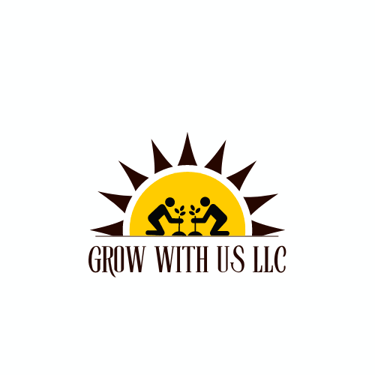Urban Agriculture FAQ...
(Frequently Asked Questions)
What is Urban Agriculture?
Urban agriculture involves growing, processing, and distributing food within urban areas. It uses limited spaces like backyards, rooftops, balconies, and vacant lots and incorporates innovative techniques such as container gardening, vertical gardening, hydroponics, and aquaponics, in addition to many other methods to maximize productivity.
What are the benefits of urban gardening and farming?
Benefits of Urban gardening can include, providing access to fresh produce, enhancing food security, reducing environmental impact by lowering food miles, and improving mental well-being through a connection with nature.
Can I grow food in a small space like a backyard or balcony?
Absolutely. Many plants thrive in small places. Also, techniques like container gardening and vertical gardening allow you to maximize growth and add variety in confined spaces. Selecting compact or dwarf plant varieties can further optimize your limited area.
How do I decide what vegetables, herbs, or fruits to grow?
Consider your climate, available space, time requirements, and personal preferences. Start with easy-to-grow plants like herbs and leafy greens, and gradually experiment with other varieties as you gain experience.
What’s the difference between growing in the ground, raised beds, and containers?
Growing in the ground allows roots to access a larger soil volume but may be limited by soil quality in urban spaces. Raised beds help better control soil conditions and drainage in areas with issues. Containers are versatile and ideal for small spaces but may require more frequent watering and fertilization.
How do I handle pests and diseases?
Encourage beneficial insects, use organic pesticides and practice crop rotation. Regularly inspect plants for signs of pests or diseases to address issues early. If you decide to use commercial or organic pesticides, please follow the directions and requirements per the package and law. Using pesticides improperly can be dangerous to you, pets and wildlife, the environment, and helpful beneficial insects.
How do I test and prepare the soil in my urban garden?
Consider getting your soil tested for nutrient levels and contaminants. If nutrient levels are off, amend as recommended per the soil test for the crops you are planting. Compost is one way to improve fertility(please follow directions to prevent contamination and run-off issues). For container gardening, use a high-quality potting mix rather than garden soil to ensure proper drainage and nutrient content.
What can I do if my soil is contaminated or unsuitable for growing food?
If your soil is contaminated, opt for container gardening or raised beds with a barrier at the base to prevent contact with native soil. Fill them with uncontaminated, high-quality potting mix or compost. Also, consider ideas such as sharing a garden with a neighbor, volunteering in a community garden, or getting a plot in one, and growing herbs in your windows.


